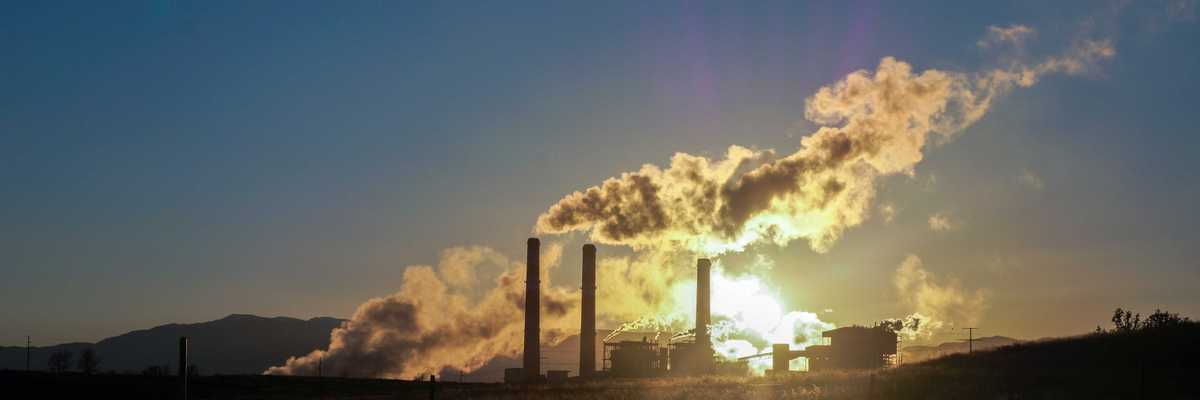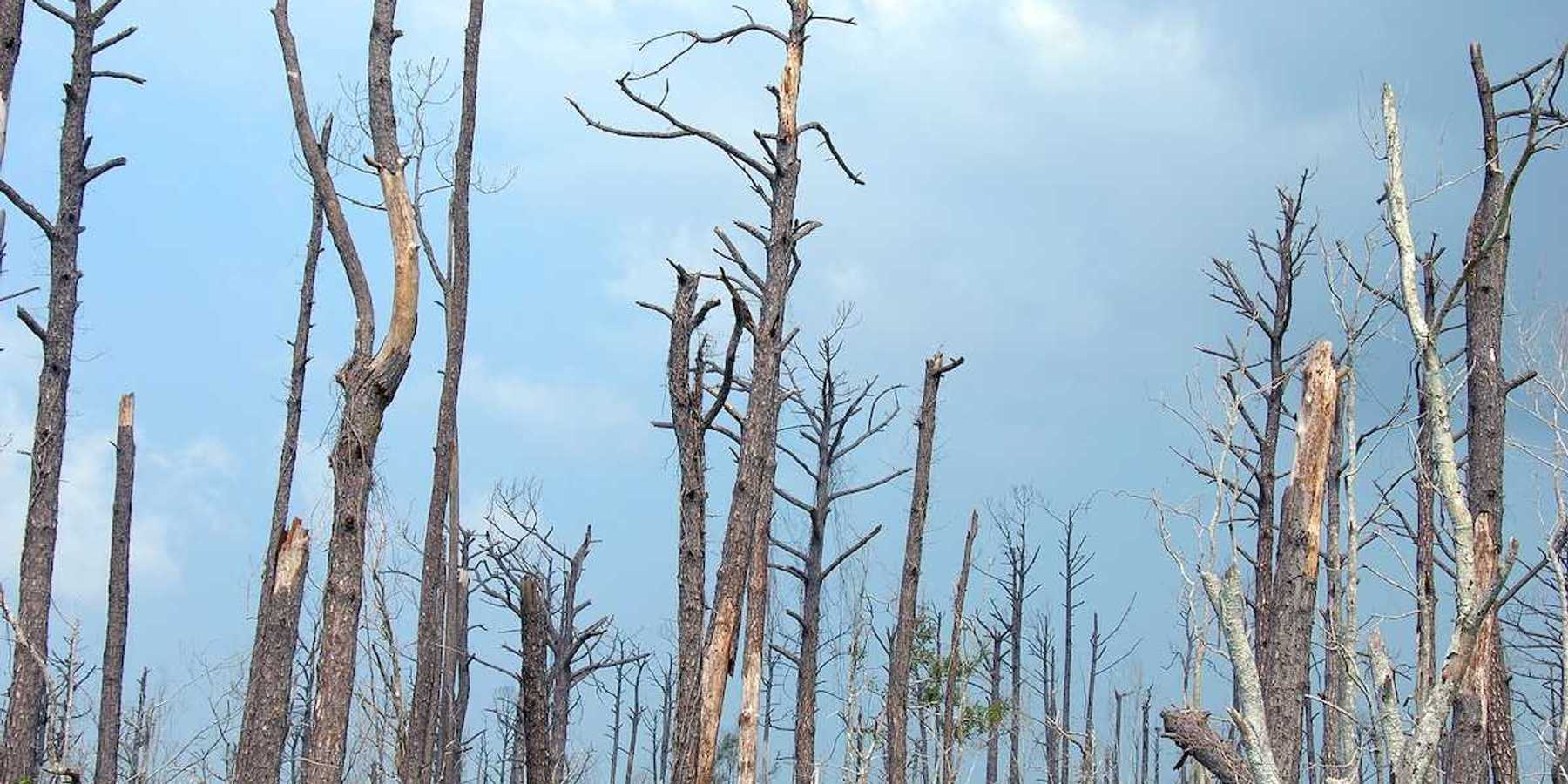nutrients
Climate change affects nutrient cycles in Alpine ecosystems
A recent study reveals that climate change is severely disrupting nutrient retention in alpine ecosystems, particularly impacting the nitrogen cycle vital for plant and soil health.
In short:
- Alpine regions are experiencing enhanced warming, resulting in decreased snow cover and increased shrub migration, affecting the ecosystems' ability to retain nutrients like nitrogen.
- Seasonal dynamics are crucial; disruptions in spring and autumn significantly diminish nitrogen uptake by plants, impacting overall ecosystem health.
- Experiments in the Austrian Alps have demonstrated how altered snow patterns and shrub growth negatively influence the nitrogen cycle.
Key quote:
“[The study] really added to the literature, arguing that it’s really important to understand the interaction among the different elements of an ecosystem and what the effects of climate change will be.”
— Olivier Dangles, author of Climate Change on Mountains.
Why this matters:
Alpine ecosystems are biodiversity hotspots and serve as home to species uniquely adapted to cold environments. As the climate warms, these species face increased risk of extinction if their habitat changes too quickly for them to adapt. In addition, A reduced snow cover and altered precipitation patterns could lead to water shortages, affecting agriculture, drinking water supplies and hydroelectric power generation.
People are flocking to see melting glaciers before they're gone—bringing both benefit and harm.
US 'climate-smart' agriculture funding often misses its target
A new report criticizes more than half of U.S. federal "climate-smart" agriculture funding for not effectively reducing greenhouse gas emissions.
In short:
- A report by the Environmental Working Group (EWG) reveals that $1.9bn of the allocated $3bn for "climate-smart" practices might not combat climate change.
- The USDA's Environmental Quality Incentives Program (EQIP), despite its aims, supports some farming methods with dubious benefits to the climate.
- Practices such as nutrient management are beneficial, yet a significant portion of EQIP funds are used for questionable methods like animal waste storage facilities construction.
Key quote:
"There’s not a lot outside of these federal programs that are going to help farmers reduce their emissions. So if this money isn’t going to the right practices, then agriculture as a whole in the United States is not going to reduce their emissions."
— Anne Schechinger, author of the EWG report
Why this matters:
Effective use of federal funds for farming practices directly impacts the U.S. agriculture sector's ability to mitigate its role in the climate crisis. This report challenges the current allocation, suggesting a reevaluation to truly benefit the environment and contribute to national efforts against climate change.
Be sure to read Cameron Oglesby’s piece about how climate change is stunting farm production.
Global warming is disrupting an Antarctic current system that life on Earth relies on
The most terrifying thing about the abyssal ocean may be the fact that normal life on Earth is dependent on the way water moves through it. If that circulation changes, the repercussions could be devastating for all life on Earth.
Can the age-old use of biochar help solve modern pollution problems?
Biochar, created from an ancient practice that turns organic waste into a charcoal-like substance, is getting a closer look for its potential to help address modern-day problems such as climate change and nutrient-laden runoff.
Soil health is human health
Wildfires threaten urban water supplies, long after the flames are out
Protein-filled, with a low carbon footprint, insects creep up on the human diet
Entrepreneurs are increasingly turning to insects as a food rich in essential nutrients, that can be reared at scale with minimal environmental impact.









